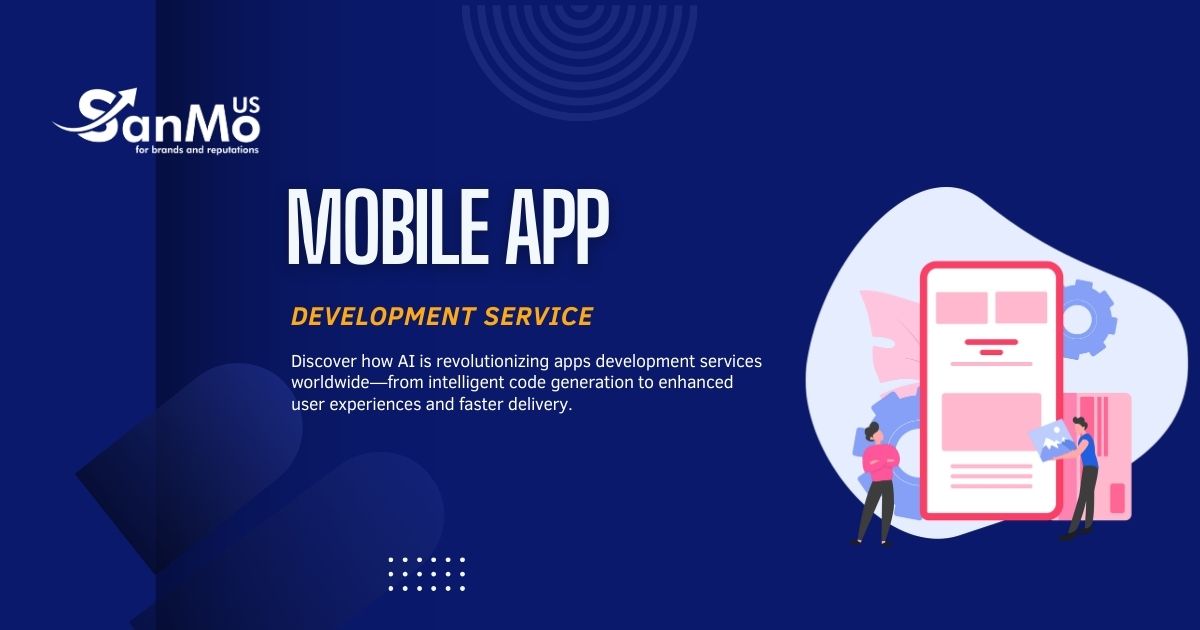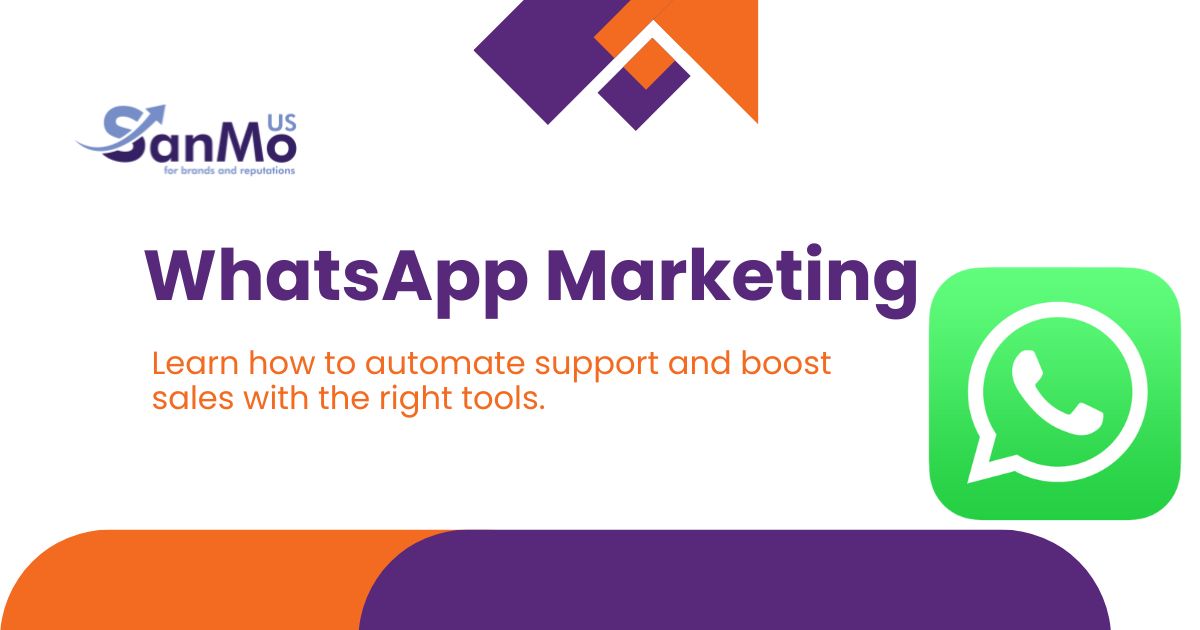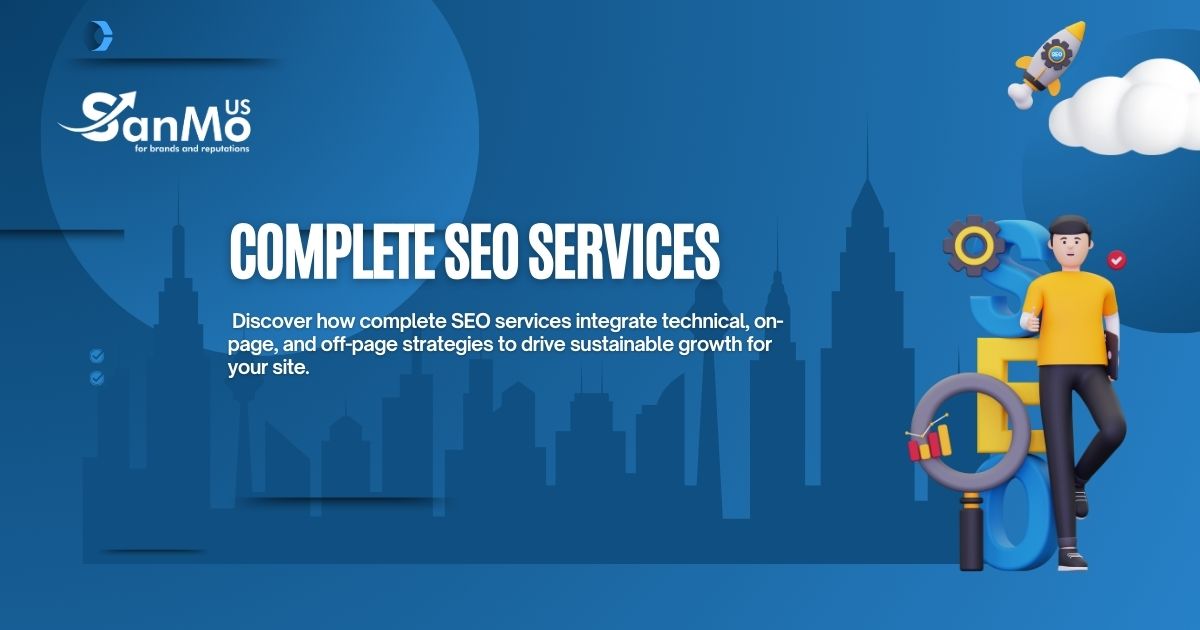Every tweet, review, and article about your company plays a role in defining your brand’s reputation. Whether you realize it or not, thousands of conversations could be shaping how potential customers see you. For businesses in the digital age, reputation is everything. Consumers trust online reviews and public sentiment more than they trust a brand’s own marketing message. This is where reputation management and brand monitoring services become invaluable.
What Is Reputation Management?
Reputation management refers to the process of influencing and controlling a brand’s public narrative. It can mean addressing negative reviews, promoting positive content, or scanning the digital landscape for customer sentiment.
But it’s not just about putting out fires when someone posts a scathing review. Reputation management ensures that your brand maintains a positive online presence, one that attracts loyal customers, fosters trust, and drives growth.
Benefits of Reputation Management
Managing your reputation is vital, not optional. Here are the key advantages you should know:
- Greater Customer Trust: Consumers look for brands with credibility and an authentic online presence.
- Improved SEO Performance: Positive reviews improve how your website ranks in search engines.
- Damage Control: Swiftly addressing grievances can prevent negative episodes from snowballing into full-blown reputation crises.
- Higher Conversions: According to Bright Local, 76% of people trust online reviews as much as personal recommendations. Better reviews mean more customers.
Simply put, investing in reputation management transforms customer trust into long-term business growth.
Why Brand Monitoring Is Essential
Brand monitoring goes hand-in-hand with reputation management. It’s the process of tracking where and how your brand is mentioned across the web, including on social media, review platforms, blogs, and forums.
Being proactive is the key here. You can’t manage what you don’t monitor.
What Can Brand Monitoring Tell You?
- Emerging Trends: Spot patterns in customer feedback to make informed decisions.
- Social Sentiment: Understand how people feel about your product or service.
- Competitor Analysis: Learn how customers compare your brand to competitors.
- Influencer Mentions: Watch for endorsements or criticisms from social media influencers.
Companies that ignore brand monitoring risk falling behind their competitors or losing valuable opportunities to engage with their audience.
Tools and Services for Reputation Management and Brand Monitoring
The good news? There’s no shortage of tools and services designed to make brand monitoring and reputation management seamless. Below are some options worth considering.
Google Alerts
This free tool sends alerts whenever your brand is mentioned online. While basic, it’s a great way to stay updated without investing heavily upfront.
Trust pilot and Yelp for Reviews
Monitor your reviews on these platforms to identify customer pain points and recognize recurring compliments. Positive reviews can easily be used in marketing.
Social Listening Tools
Social media platforms are where most brand-related discussions happen today. Tools like Hootsuite, Brandwatch, and Sprout Social can track mentions and hashtags, analyze sentiment, and find relevant conversations in real time.
Comprehensive Reputation Management Services
Companies like Reputation.com, Birdseye, and Podium offer full-service reputation management. They track mentions, curate reviews, and even help suppress negative search results through SEO optimization.
AI-Powered Sentiment Analysis
For businesses managing large volumes of data, AI tools like Talk walker or NetBase extract actionable insights from customer sentiment.
How to Build a Strong Online Reputation
Now that you have the tools, here are actionable steps to ensure your brand builds and maintains a stellar reputation.
1. Respond to Reviews
Whether positive or negative, responding to reviews demonstrates your brand values its customers. Keep your tone professional and solution-oriented.
2. Create Shareable, Positive Content
One way to shape your reputation is by sharing customer success stories, behind-the-scenes content, and thought leadership articles. This positions your brand as approachable, trustworthy, and credible.
3. Monitor Social Media Daily
Allocate time each day to track tweets, posts, and stories related to your business. Engage with users by liking, commenting on, or reshoring content that showcases your brand favorably.
4. Get Feedback Before Issues Escalate
Don’t wait for customers to rip apart your company online. Utilize surveys, polls, or online forums to gather their feedback proactively.
5. Put Out PR Fires Quickly
Unfortunately, things don’t always go right. But how quickly and gracefully you address mishaps can earn customer loyalty. Respond authentically and focus on solutions.
Case Study Companies That Win at Reputation Management
Some companies have mastered the art of reputation management. Here’s how:
Apple
Apple leverages its brand monitoring system to identify potential vulnerabilities in product feedback. This empowers them to address issues proactively before they’re widely reported.
Starbucks
Starbucks actively responds to both positive and negative customer comments on social media. Their customer-focused approach has turned many complaints into stories of excellent service.
Tesla
Tesla has a dedicated team monitoring headlines, forums, and social networks around the clock. When CEO Elon Musk tweets, the team ensures misinformation is corrected immediately.
The Future of Reputation Management and Brand Monitoring
With customers demanding increased transparency and trusting word-of-mouth recommendations, reputation management will grow even more critical. Here’s what you can expect in the coming years:
- AI Automation: Advanced algorithms will provide brands with deeper insights faster than before.
- Prioritizing Sustainability: Customer sentiment is increasingly tied to a brand’s environmental and ethical contributions.
- Augmented Personalization: Unique and personal experiences based on customer data will help create more loyal brand advocates.
Take Charge of Your Brand’s Reputation Today
Your brand’s reputation isn’t just what you say about yourself; it’s what others say when you’re not in the room. Be proactive. Take control with reputation management and brand monitoring tools.
Want to streamline the process and ensure your brand stands out for all the right reasons? Choose the right service tailored to your needs, or start simple with free tools like Google Alerts.
For business leaders ready to elevate their online presence, reputation management is not an option. It’s a strategy.








